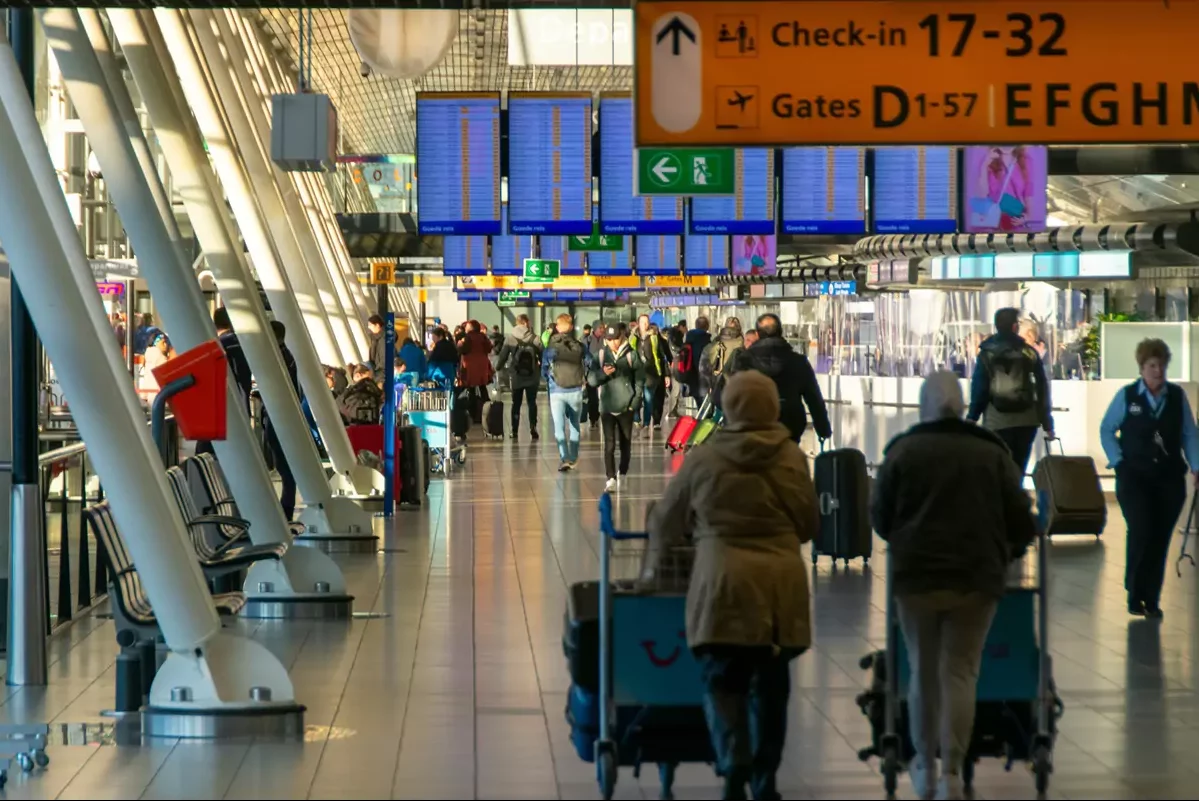The EU’s new Entry/Exit System (EES), which will feature fingerprint and facial recognition checks at borders, is due to launch on 10th November, but reports have begun to surface that three nations, namely France, Germany and the Netherlands, may not be ready in time.
The EES, a long-term project for the European Union, is an automated IT system that will register travellers from third-countries, both short-stay visa holders and visa-exempt travellers, each time they cross the external borders of any Schengen country.
Once fully up and running, the system will register the traveller’s name, type of travel document, biometric data such as fingerprints and facial images, and the date and place of entry and exit, “in full respect of fundamental rights and data protection”, according to the European Commission.
The purpose of the system is to streamline and modernise border checks, while allowing EU authorities to more easily identify overstayers and illegal migrants, combat identity fraud and improve overall security in the bloc.
See more: France launches streamlined digital visa system
The launch of the system has already been delayed twice. It is now scheduled to come into effect on 10th November, but Ylva Johansson, the EU’s Home Affairs Commissioner, has confirmed that there is a contingency plan to push it back to 17th November if more time is needed.
According to a recent report published by British newspaper The Guardian, even this additional week of grace may not be enough for a certain three countries.
Johansson is understood to have requested a declaration of readiness from all Member States by 5th September. According to the newspaper, the replies from France, Germany and the Netherlands indicated that they would not be ready.
Read more: All European visitors will need an ETA to travel to the UK from April 2025
Sources cited by The Guardian have suggested that France, Germany and the Netherlands are not fully prepared for the launch of the new system and are concerned about the level of EES field-testing.
A French source told The Guardian, “The problem is that the testing has been desktop. We need live testing. Everyone is now waiting for the response from the Commission.”
Germany, meanwhile, is said to be concerned about the impact of the new checks on smaller, regional airports. In the Netherlands, the focus is on how Schiphol Airport, one of the continent’s busiest travel hubs, will be able to cope with the initial demands of the new system.
For more information on the EES, click here.
Read related:
EU Entry/Exit System expected to be operational by November 2024
Monaco Life is produced by real multi-media journalists writing original content. See more in our free newsletter, follow our Podcasts on Spotify, and check us out on Threads, Facebook, Instagram, LinkedIn and Tik Tok.
Photo source: Pim de Boer, Unsplash









